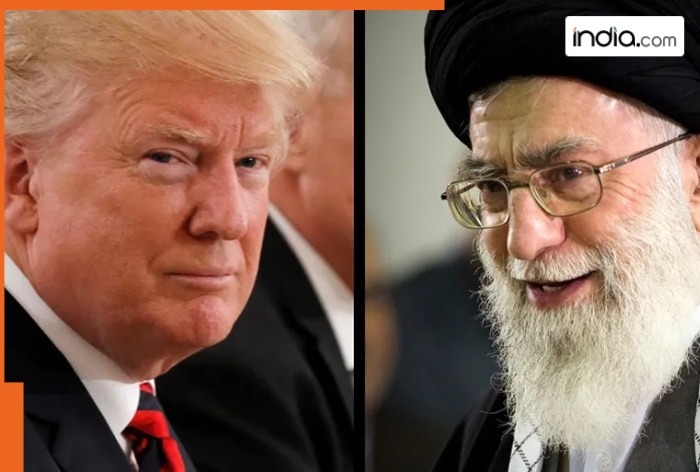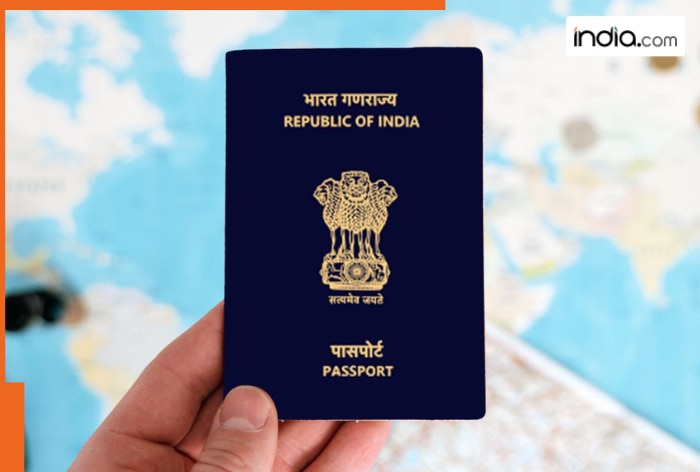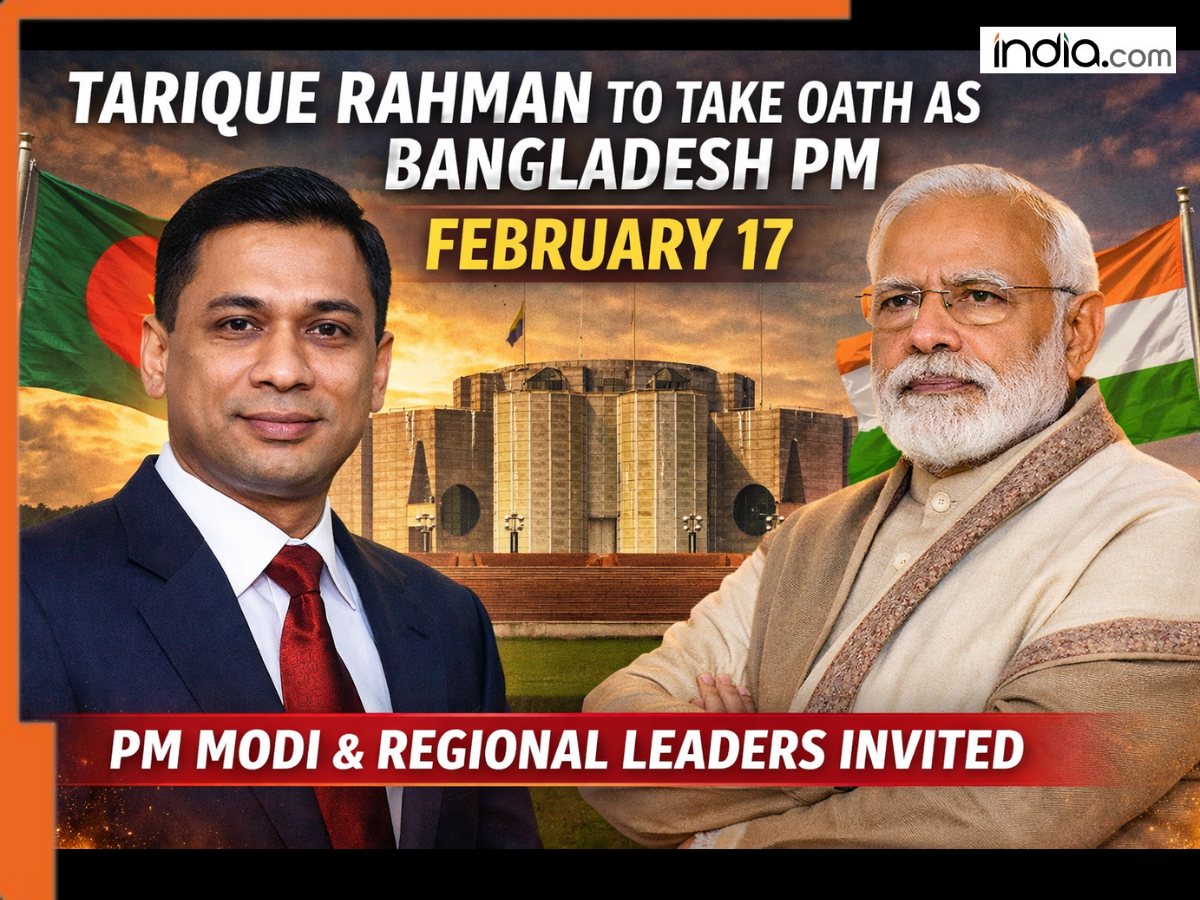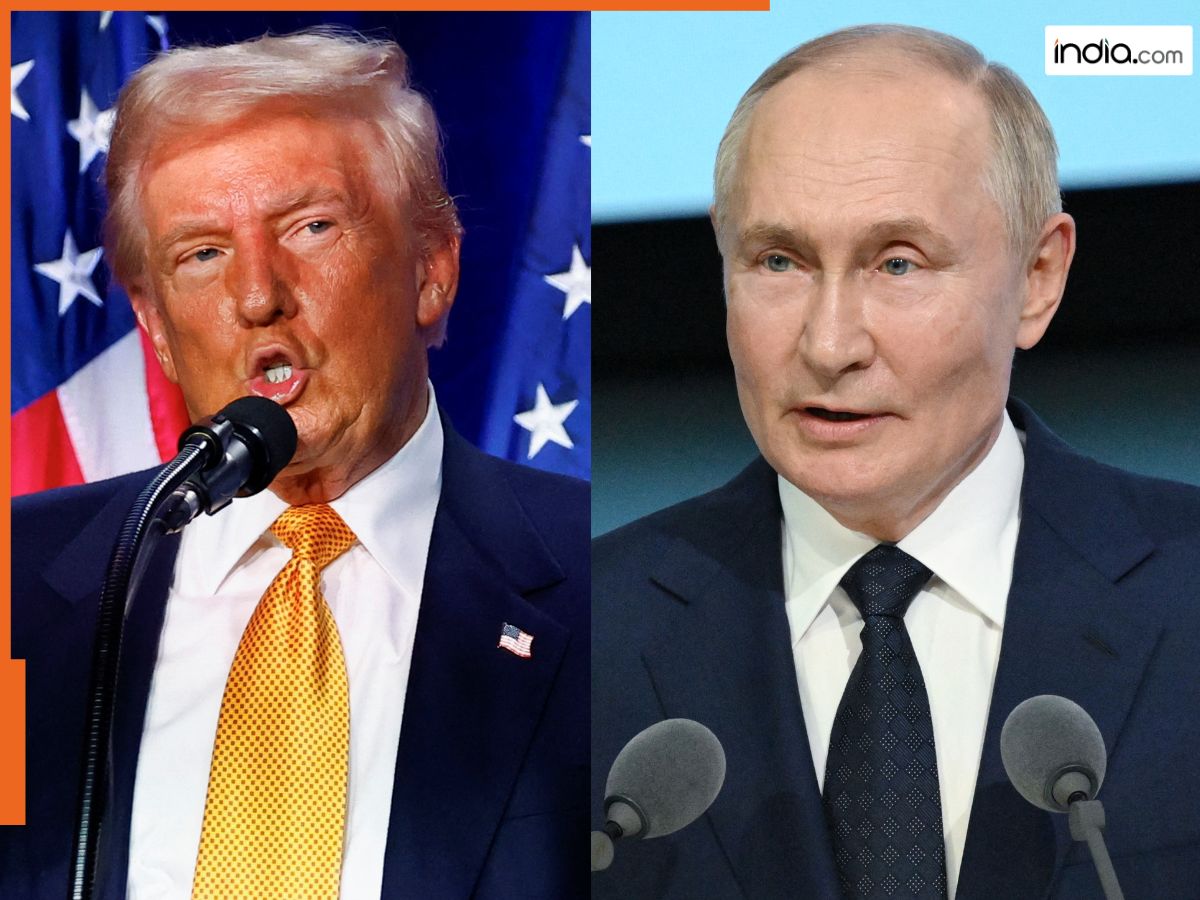US H-1B visa fee hike hurts India, but which countries could benefit from it? Find out here
American tech companies are the largest employers of skilled workers on H-1B visas.
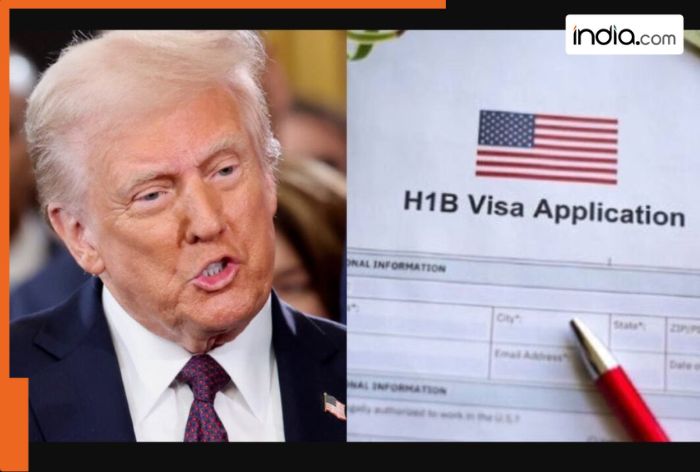
New Delhi: US President Doland Trump has significantly increased the application fee for US companies hiring foreign workers on H-1B visas. The Trump administration says the $100,000 increase in H-1B visa fees is intended to encourage US companies to prioritise American workers over foreign skilled workers. However, it is being considered a major blow, especially to large US tech companies that rely heavily on foreign skilled workers.
Trump administration’s decision harms America
Experts have warned that Trump’s move could weaken economic growth in the USA. This decision will make it difficult for American companies to retain expensive foreign employees. This could also lead to a “brain drain” from the US in the near future, as skilled workers or students from American universities may be forced to leave the US for other countries.
On September 19, Trump signed an order announcing that US companies will have to pay $100,000 for each H-1B application. Previously, this fee ranged from $2,000 to $5,000, depending on the size of the company applying for the visa.
Which industries are most affected?
American tech companies are the largest employers of skilled workers on H-1B visas. According to the US Citizenship and Immigration Services, the companies that employed the most H-1B visa holders last year included Amazon, Google, Meta, Microsoft, and Apple. Trump’s new fees have created a stir in the tech industry. Microsoft has told employees that current H-1B visa holders should remain in the US for the foreseeable future. Several tech industry leaders, including Alphabet CEO Sundar Pichai, Microsoft CEO Satya Nadella, and Tesla and SpaceX head Elon Musk, were once H-1B visa holders.
Which countries could benefit from Trump’s decision?
United Kingdom: In response to the increase in H-1B visa fees, British Prime Minister Keir Starmer is considering proposals to eliminate visa fees for skilled foreign workers. The Financial Times reported this, citing UK Treasury Department insiders. Starmer’s “Global Talent Task Force” is working on ideas to attract top global scientists, including academics and digital experts, to the UK to stimulate economic growth. One option is to eliminate all visa fees for top-level professionals. This would provide opportunities for foreign talent in the UK.
China: Beijing will launch a new K visa on October 1, aimed at attracting skilled workers in STEM fields. The K visa will allow successful applicants to study and work in China without having to secure a job offer or research position. China’s Foreign Ministry declined to comment on the changes in the US over the weekend but said its country “welcomes” top talent from around the world.
South Korea: On Monday, President Kang Hoon-sik said he had instructed ministries to explore ways to leverage the US visa changes to attract scientists and engineers from abroad to South Korea. Kang said the government plans to focus next year’s budget on initiatives related to artificial intelligence (AI) and other areas designed to boost a technology-based economy.
Canada: On September 15, Canada lowered the cut-off score for its comprehensive ranking system, which governs applications for permanent residence from skilled workers, allowing more candidates to apply. Canada may also consider relaunching the 2023 visa programme, which already allows H-1B visa holders to stay in Canada for up to three years on more relaxed terms.
HIGHLIGHTS
- US H-1B visa fee hike has hurts India(BHARAT)n professionals a lot.
- US H-1B visa fee hike has benefitted a few countries as well.
- Trump has significantly increased the application fee for US companies hiring foreign workers on H-1B visas.
- Experts have warned that Trump’s move could weaken economic growth in the USA.
This decision will make it difficult for American companies to retain expensive foreign employees. This could also lead to a “brain drain” from the US in the near future, as skilled workers or students from American universities may be forced to leave the US for other countries.
What's Your Reaction?







